Tips for Controlling Your Dog's Cravings During Winter
As winter approaches, many dog parents are buzzing about their furry friends craving more food. Dogs, like humans, tend to store fat for the coming harsh season, just as their ancestors do.
If you are keen on preventing your dog from gaining excess weight and reducing health risks during the long Canadian winter, here are some exciting tactics you might want to explore.
1, Why do dogs crave more during winter?
Before taking action, it's wise to understand why your dog’s appetite increases during the winter. Just like us humans, dogs might experience some behavioural and psychological changes in different seasons, particularly in winter. The following reasons might explain why your dog is begging for more food in winter.
Reason 1: Dogs come from wolves.
Dogs were tamed from wolves thousands of years ago. Wolves, experiencing scarcity in the wild, store fat to sustain themselves through leaner times. This connection provides an interesting hypothesis for understanding the changing behaviour of modern canines during winter times: dogs inherit the instincts of their ancestors.
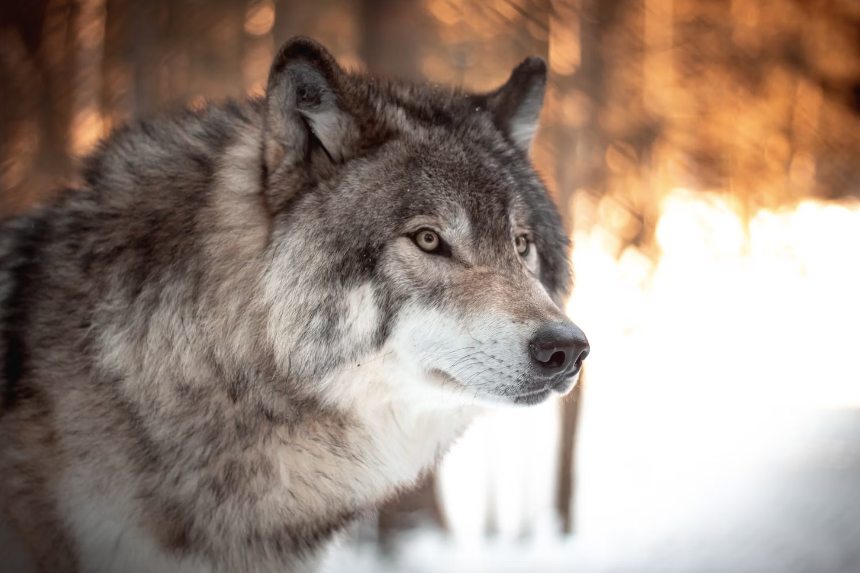
Photo by Milo Weiler on Unsplash
Reason 2: Hormonal changes are the underlying cause
A biological perspective might provide you with more insights into how to manage your dog’s winter cravings. Like humans, several types of hormones are affecting your dog’s appetite and weight. Take thyroid hormones and cortisol as examples:
- When it's cold, dogs make more thyroid hormones, which makes their metabolism faster. This helps them create more body heat to stay warm, and that's why they feel hungrier.
- Cold weather, less activity, and shorter days can stress dogs. This raises their cortisol levels, making them want to eat more, especially foods with lots of carbs and fats.
2, How to manage your dog’s cravings?
Fresh Food is the First Option
Studies have shown that dogs eating fresh food are closer to an ideal weight compared to dogs that consume dry food. Dogs that are fed dry food, kibble or canned food are likely to be overweight.
The reason behind this is that fresh food (including homemade food, raw food and freeze-dried food) uses whole-food ingredients and is minimally processed.
This reduces inflammation, thereby decreasing the likelihood of obesity.
To make your dog feel more satisfied and less prone to overeating, you might want to try making a complete and balanced diet at home. To start, check out our 5 Must-Knows Before Crafting Your Nutritious Homemade Dog Food.
Need some ideas for making fresh food? Broth can be a low-calorie addition to your dog's diet and nutrient-dense with essential minerals and vitamins. It’s also a good way to keep your dog hydrated when the air tends to be drier in winter. As the Holiday season comes, how about preparing a warm Holiday gravy(topper) for your dog to beat the chill?
Besides, we also have some fresh freeze-dried food for your canine friend:
Rotating Proteins Promotes Your Dog’s Overall Status
Protein-rich foods tend to be more filling compared to food that is high in carbs or fats. When your dog consumes protein, it triggers the release of hormones that signal fullness, increasing satiety and reducing begging and scavenging. Proteins also stabilize blood sugar levels, reducing the rapid spikes and crashes that lead to cravings.
For grown-up pups, their protein sweet spot typically falls between 18%-25% of the food weight, based on their age, activity level, and health status. Puppies might want more while senior dogs require slightly less.
If your dog, like many others, is having much fewer activities during winter, try to rotate proteins with more high-quality and sometimes leaner ones such as beef, salmon and lamb.
Different proteins offer different benefits, adding varying types of nutrition to your dog’s diet and promoting overall well-being. They play a role in supporting your dog’s digestive system, which tends to be more sensitive in the winter months.
Playtime Curbs Cravings
It is not only about physical activity that helps positively channel your dog’s energy but also mental stimulation. Activities that challenge your dog’s mind can help prevent boredom or stress-related eating.
Also, from a biological perspective, like humans, exercise can help regulate hunger signals and prevent your dog from constantly feeling the need to eat.

Photo by Jamie Street on Unsplash
Here are some ideas for indoor activities to try out in winter:
- Hide and Seek: Quietly walk to a corner and call your dog to come. As your dog canine catches on to the game, hide in a trickier spot and drop hints when needed. Your furry dog might start relying on their nose to track you down!
- Find It: This time, hide your dog's favourite toys or treats around the house and encourage him/her to find them. This will be particularly interesting for dogs if you use some stuff with scent. Help them when they feel challenged reaching for goodies in cunning hiding spots.
- Tug of War: Use a tug toy that interests your dog, make it animated and exciting but withhold it when he/she shows interest. After a couple of attempts, allow your dog to grab it. hold the toy back and “Ready, Set”, and tug for a few seconds. Let your dog win again and enjoy having it! But keep this toy away and show it only for this game.
- Sniff Mat: this is a textured mat with fabric strips that hide treats or freeze-dried food, engaging a dog's natural sniffing instinct. When using it, a dog sniffs through the mat to find and retrieve the hidden treats. This activity not only provides mental stimulation but also slows down their eating pace, making it a beneficial tool for fast eaters and for keeping dogs entertained.
Opt for Healthy Treats
You might want to reward your smart dog with tasty treats during those amusing activities we mentioned earlier. However, you wouldn't want these delightful rewards to become a health concern for your furry friend. Opt for treats that are nutrient-dense and fresh could ensure your dog stays healthy and happy.
Conclusion
Coming up with a fresh strategy to help your dog shed some pounds in the spring is way harder than tackling the current challenge of managing cravings and preventing winter weight gain. Try out these solutions, and your dog could still be active and thrive in the lazy season.


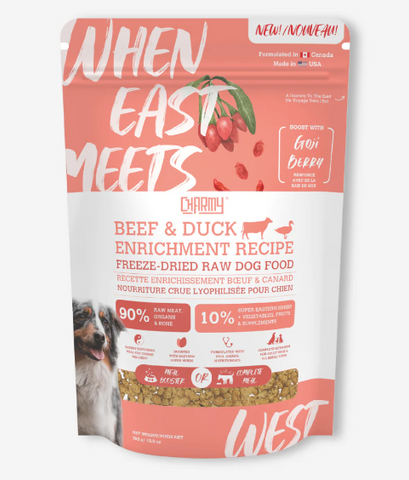
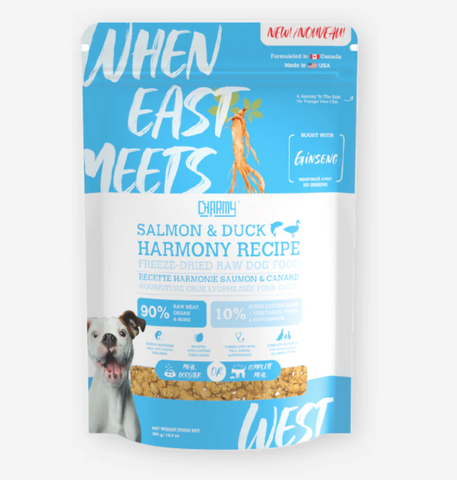
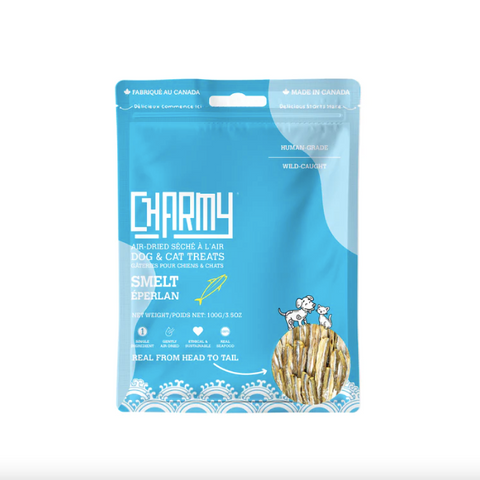
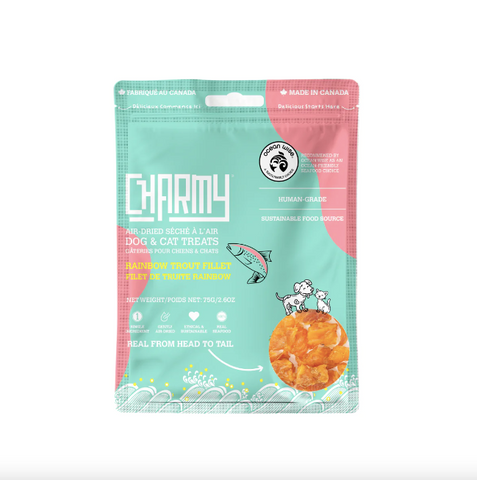
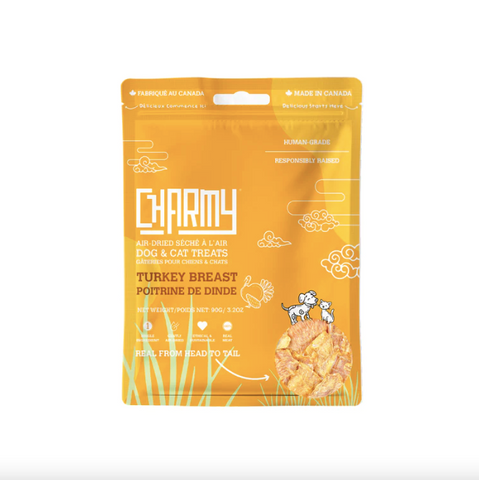
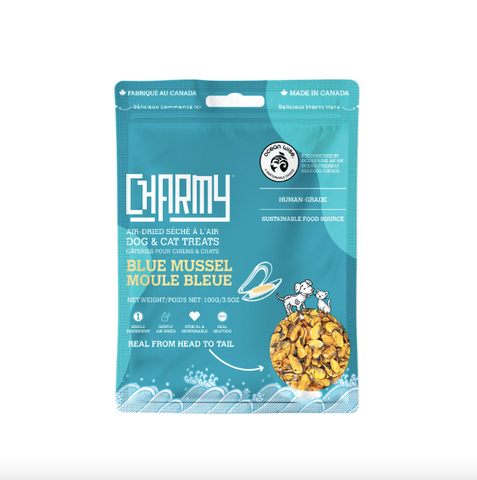
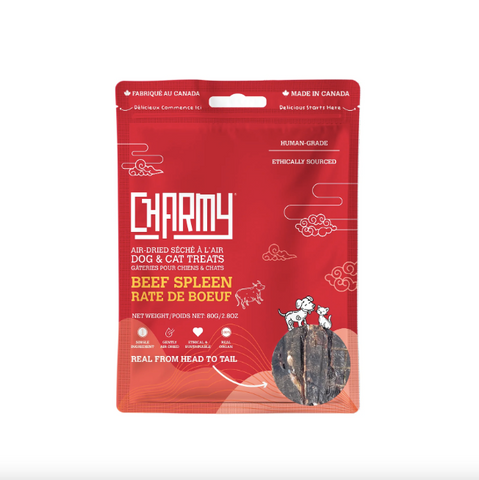
Leave a comment